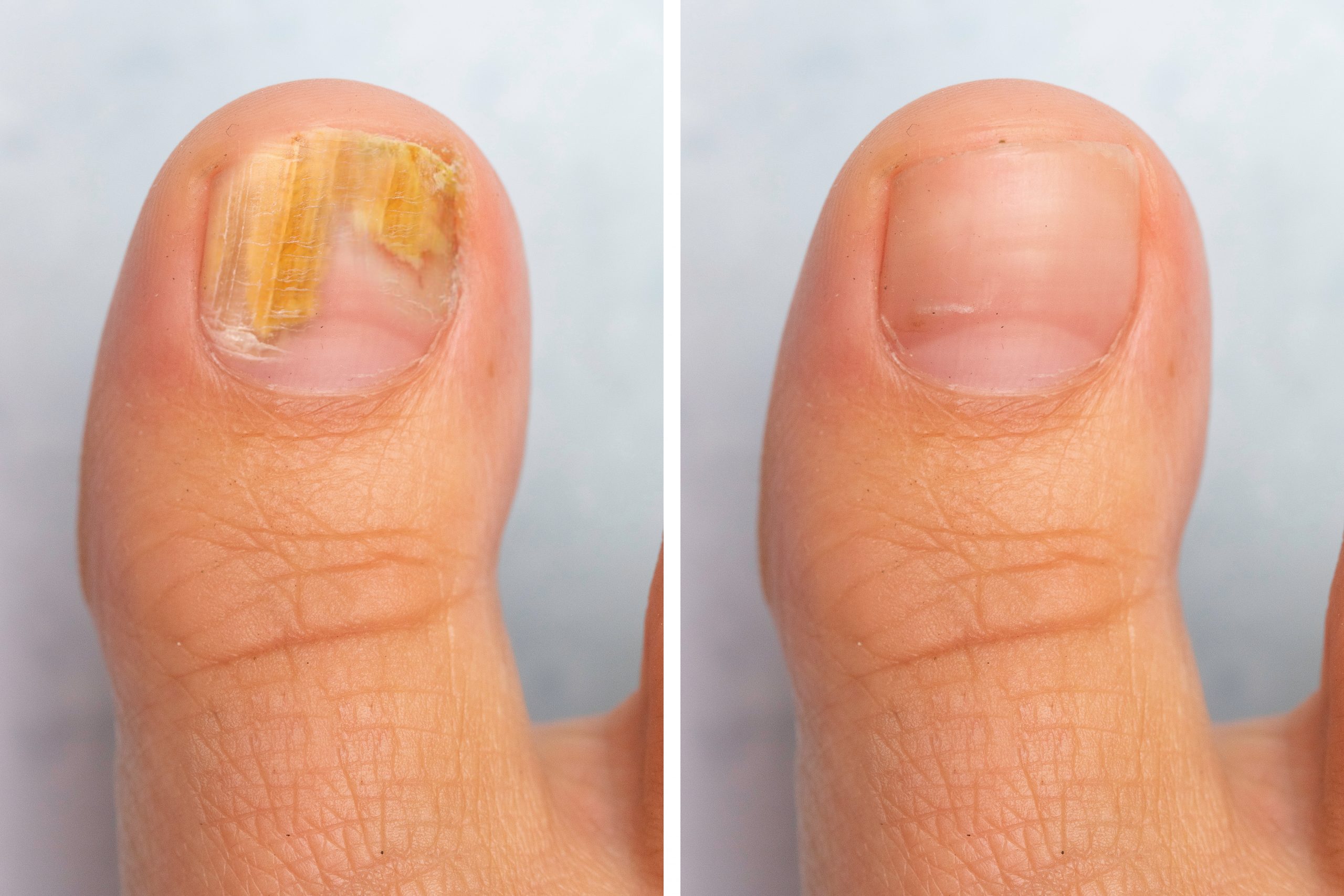Toenail fungus, also known as onychomycosis, is a common condition that affects millions of people worldwide. While factors such as poor foot hygiene, damp environments, and compromised immune systems are known to contribute to the development of toenail fungus, the role of genetics in this condition is often overlooked. Recent research has shed light on the influence of genetic factors on toenail fungus susceptibility, severity, and treatment response. In this article, we will explore the impact of genetics on toenail fungus and how understanding these factors can help individuals better manage and prevent this frustrating condition.
- Genetic Predisposition: Research has shown that certain individuals may have a genetic predisposition to developing toenail fungus. Genetic factors can affect the structure and function of the nails, making them more susceptible to fungal infections. For example, variations in genes involved in nail formation, immune response, and skin barrier function can increase the likelihood of developing toenail fungus. If you have a family history of toenail fungus or if multiple family members are affected, it may indicate a genetic component to the condition.
- Severity of Infection: Genetics can also play a role in determining the severity of toenail fungus infections. Some individuals may be more prone to severe or recurrent infections due to genetic factors that affect their immune response or the ability of their nails to resist fungal invasion. Genetic variations in immune system genes, such as those involved in inflammation or immune regulation, can influence how the body responds to fungal infections and may contribute to more severe cases of toenail fungus.
- Treatment Response: Another important aspect influenced by genetics is the response to treatment for toenail fungus. Different individuals may have varying responses to antifungal medications, topical treatments, or home remedies based on their genetic makeup. Genetic factors can affect how the body metabolizes and eliminates drugs, influencing their efficacy and potential side effects. Understanding an individual’s genetic profile may help healthcare providers choose the most appropriate treatment approach for better outcomes.
- Risk Assessment and Prevention: Genetic testing and risk assessment can provide valuable insights into an individual’s susceptibility to toenail fungus. By identifying specific genetic markers associated with increased risk, healthcare providers can offer personalized preventive strategies. This may include lifestyle modifications, foot hygiene recommendations, and regular monitoring to catch fungal infections at an early stage. Genetic information can empower individuals to take proactive steps to minimize their risk and maintain healthy nails.
- Future Treatment Approaches: As our understanding of genetics advances, it opens the door to innovative treatment approaches for toenail fungus. Researchers are exploring targeted therapies that consider an individual’s genetic profile, aiming to develop more effective and personalized treatments. Genetic studies may identify specific molecular targets that can be targeted with new antifungal drugs, leading to improved treatment outcomes and reduced side effects.
While genetics play a role in toenail fungus, it’s important to note that it’s not the sole determining factor. Environmental factors, lifestyle habits, and overall foot hygiene also significantly contribute to the development and progression of toenail fungus. Therefore, adopting good foot care practices, such as keeping feet clean and dry, avoiding tight-fitting shoes, and wearing breathable socks, is essential for preventing toenail fungus, regardless of genetic predisposition.
In conclusion, genetics can influence an individual’s susceptibility to toenail fungus, the severity of the infection, treatment response, and risk assessment. By understanding these genetic factors, individuals and healthcare providers can take a more targeted and personalized approach to manage and prevent toenail fungus. However, it’s important to remember that genetics are only one piece of the puzzle, and adopting healthy foot care practices is crucial for overall nail health and the prevention of toenail fungus.





